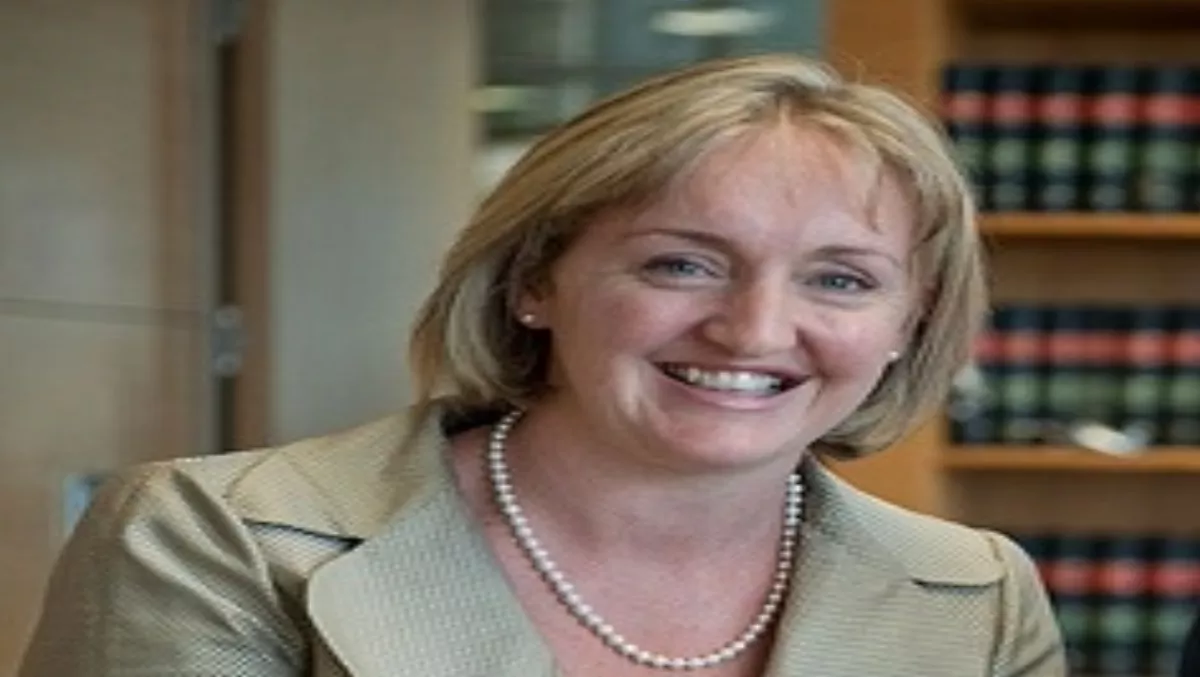
A whinging pom has dominated the telecommunications headlines over the past few days but last week it was the telco companies themselves doing the grizzling.
In a letter to new ICT minister Amy Adams, the Telecommunications Carriers’ Forum (TCF) called on the government to scrap Crown Fibre Holdings (CFH), the agency responsible for overseeing the Ultra Fast Broadband (UFB) initiative.
According to the TCF, CFH is hampering progress towards UFB adoption by delaying commercial agreements between the companies building the network, and the retailers wanting to sell services over it.
In his letter, TCF chief executive David Stone says CFH has failed at one of its key objectives: to negotiate competitive industry supply contracts.
Stone argues the role of CFH could easily be absorbed into another government department, presumably the Ministry of Economic Development.
According to the TCF’s website, the organisation has 17 members who in total represent the vast majority of the carrier sector.
Given they are for the most part a grouping of business competitors, their near-unanimous objection to CFH adds weight to the argument that the government agency is holding back the market.
Stone’s letter names 14 members as supporting the reigning-in of CFH. The three members not mentioned are Auckland lines company Vector, Christchurch City Council-owned UFB network builder Enable and Government-owned Kordia.
According to its annual report, CFH last year spent $19.1 million, including $13.8 million on professional services, of which $7.5 million was for investment advice.
The agency’s CEO, Graham Mitchell, was paid between $430,000 and $440,000 last year, while his top four each earned over $260,000. CFH’s total wage bill, for its 14 staff and six contractors, was $2.5 million.
Having said that, according to CFH’s statement of intent, its cost to the taxpayer will more than halve this financial year with expenses forecast to drop to $8.8 million now that the massive job of organising the UFB build contracts has been completed.
As far as I am aware, Mitchell has declined all opportunities to respond to the TCF’s concerns, which is not a good look.
In politics, they say, perception is reality. The perception here is that there appears to be some empire building going on which is hampering the development of an efficient and commercially viable fibre network ecosystem.
The political winner out of this could be Adams. Just this week she stated her role was to commercialise the UFB for the benefit of the country.
Although she's indicated that CFH will stay, if she was able to find a way to stamp out the apparent bottleneck, and save the taxpayer several million dollars a year in the process, it would be a good start to her ministerial tenure.